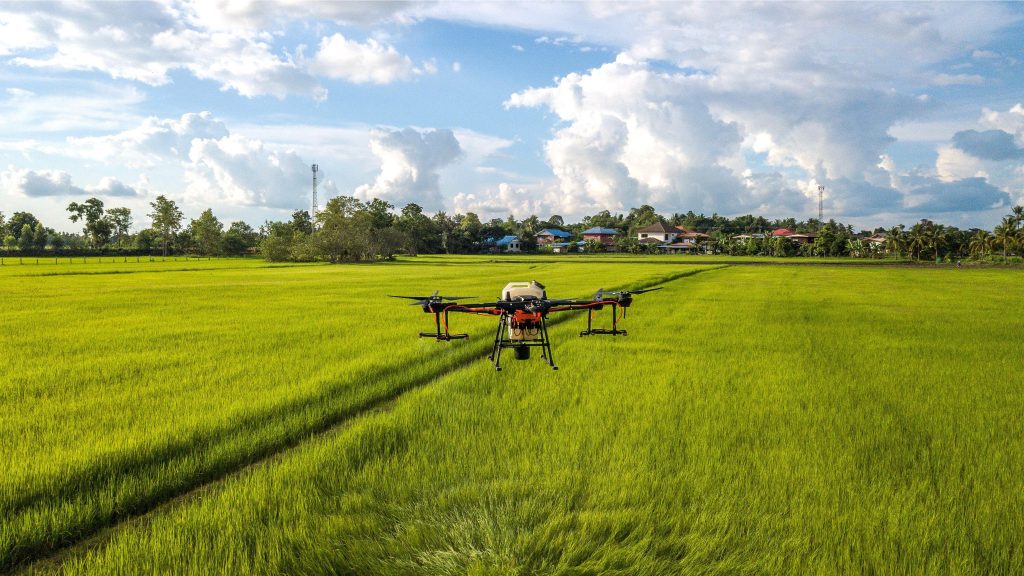In addition to their many benefits for farmers, agricultural drones also have a positive impact on the environment. The use of drones in agriculture can lead to more sustainable farming practices and reduce the ecological footprint of farming operations.
One of the most significant environmental benefits of agricultural drones is their ability to enable precision agriculture. By collecting data on soil conditions, crop health, and pest infestations, drones allow farmers to make more informed decisions about resource allocation. This means using fertilizers, pesticides, and water more efficiently, which reduces waste and minimizes the environmental impact of agriculture.
Furthermore, the automation of drone technology reduces the need for heavy machinery and vehicles, which can contribute to soil compaction and emissions. Drones are lightweight and operate with minimal ground disturbance, preserving the health of the soil and reducing greenhouse gas emissions.
Additionally, by helping farmers detect issues such as water leaks or equipment malfunctions early, drones can prevent environmental disasters and limit the contamination of soil and water sources.
In conclusion, agricultural drones are not only a boon to farmers but also a tool for promoting more environmentally friendly farming practices. As the agricultural sector continues to evolve, drones will play a pivotal role in achieving greater sustainability in food production.







Please sign in to comment
register